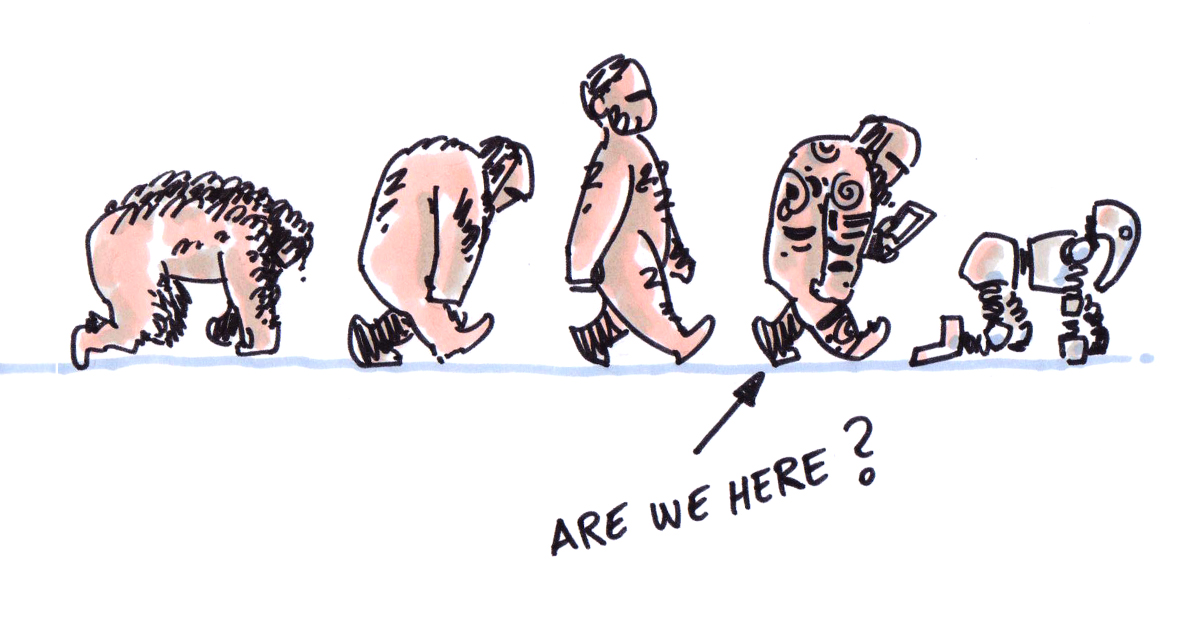In the Reform Club sessions of our podcast, there was a lament about a lack of flair in sport, on and off the field.
Now, for sure, Grant and I do have a tendency to lead our guests into discussions around Higgins, Botham, Senna, Barry John, Best, and even Charlie Nicholas. We love that stuff.
But it’s also clear that people go to that place willingly and naturally.
There is an attraction around the talented yet flawed; in the same way that process and efficiency often grates, albeit regularly with hidden admiration.
All got me thinking.
In that context, I observe with curiosity the recent popularity of that wonderful phrase “Flat Track Bully”. Originally from cricket, to describe a batsman, who could be belligerent, but only when the pitch was not offering any help to the bowlers, it now is applied to other sports, where a protagonist only performs against lesser opposition. This actor in the theatre of sports is perhaps the least admired. Perhaps even reviled.
In reality, people are making a value judgement, using metrics beyond the stats.
In today’s world of big data, this may be seen as heresy. But this whole area deserves reflection for sport, the business of sport, and indeed general business.
As Steve Martin of MC Saatchi said in the Meeting, we’ve all gone a bit safe. This is undoubtedly true in business. People operate on buzzwords, and the latest paint-by-numbers playbook.
Do the reels of data actually make us disengage
the qualitative, the subjective, the creative?
All of those qualities are so very human, and hence so valuable. For society, and for our careers. Surely everyone, at the early parts of their working life, is now asking themselves how they can differentiate themselves from Hal?
I think we should be really optimistic about this. It’s not a back foot defence. The front foot answer is in the flair of a Viv Richards on-drive (never saw anyone do it better than him).
In the world of big data, number crunching, and algorithmic prowess of immense computing power and efficiency, soon to all be performed by AI and robots, we must not lose the “flair” of the creative. The adaptability of someone who is paid to “listen to the music in the room and hear the tune” (Jeremy irons Margin Call).
On the field, sport is now dominated by stats around possession, pass completion, and even XG. Coaches, are you listening Brendan and Maurizio?, are seemingly becoming numb to the necessity of adaptability. To change a process. To adapt it, these people will pay for their jobs.
The reality is this: the talent to be valued now is in decision making on the hoof. Things are moving so fast. Plan A may be dead by lunchtime.
What can you come up with now? How smartly can you adapt?
How many people remember the stories around Ali Foreman at the end of the first round. Ali not sitting down, visibly changing his plan in his head, realizing that Plan A of straight right crosses wasn’t going to work. And inventing rope-a-dope, to the horror of Dundee.
Adaptability with flair is being lost in sport. “Just trust the process” is a phrase I’d willingly pay money to prohibit. Jeez, it even has an acronym; TTP.
Really?
Faldo trusted the process. Seve I don’t think did.
Davies trusted the process, I’m sure Alex didn’t.
Hurst trusted the process, Greaves most unlikely.
Germany are the ultimate process team, and yet have never beaten (outwith penalties) the boys of “ends justify the means, adapt to whatever it takes”. That Italy, in 1982, employed a variety of formations and tactics against Brazil, Argentina and Germany to get it done. No process in sight. Sarri should study Bearzot more.

You can bring all your own examples. There are so many. But what do they all have in common, I’d argue?
“Machines” may win more. And yet……? We undoubtedly got the most emotion as fans from not trusting the process. Machines leave us cold.
Let’s not forget that none of us think less of Kasparov for losing to a silicon motherboard.
In my own career, I’ve never been truly inspired by “the safe pair of hands”, the anchor role, and execution guy. All truly necessary and all real assets, but they don’t energize an organization. They play “follow up” to the guy, who actually makes you come into work in the morning.
Inspiration comes from the maverick.
That’s why the Apple “think different” ad was so perfect. I don’t want to make this about Jobs and his impact, but I do want to ask: what the hell was he thinking promoting a grinder like Cook? A process guy, to a company like that?
More practically for the younger generations in the workplace, they should reflect. And ask themselves a simple question: if process becomes the domain of machine learning, what am I going to be offering? I find that too few kids think like this. They should.
The share of GDP going to the labor force, has been noticeably declining for decades. And this trend has only started. Just watch once AI kicks in.
Offering commodity output, easily replicable by a robot and undercut by emerging markets, isn’t a growth strategy.
I put it to you, ladies and gentlemen of the jury, that the premium for flair, in sport, and in business, is about to increase in value.
As sport drifts slowly towards the waterfall drop that leads to Hollywood, and celebrity actors who “influence” a fanbase, make sure you are not a process guy.
Make sure you look like Alex Higgins or Eric Cantona.
Make sure you are unpredictable.
Sport values and celebrates uncertainty of performance and result.
Be the hero, be the villain; just don’t be banal.
Trust your gut.
Be Charlie Nicholas.



